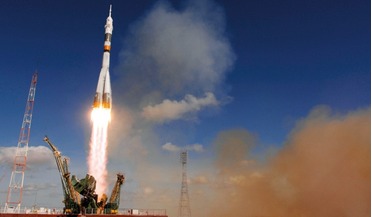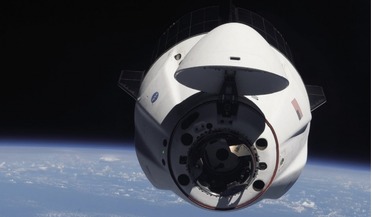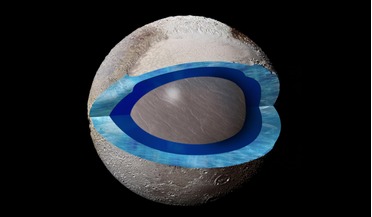 June 2018
Space 2080 a future perspective
June 2018
Space 2080 a future perspective
... space’ came from an unexpected direction. Who indeed could have foreseen that the competition born of Cold War that carried the first men into Earth orbit would one day be replaced by international cooperation? This...
 April 2020
Replacing hydrazine fuel with a greener alternative
April 2020
Replacing hydrazine fuel with a greener alternative
... the first monopropellant, a fuel where the oxidizer is bound into the molecule itself. By the end of World War II, the United States knew that guided and ballistic missiles would be the weapons of the future and...
 April 2021
On Mars as it is on Earth - preparing for settlement
April 2021
On Mars as it is on Earth - preparing for settlement
... in the event of any global downturn in the progress of civilisation on Earth, whether through political extremism, economic collapse, war, or environmental disaster. It would also act as proof of concept for the view that humanity has an open-ended...
 July 2021
Collaboration and competition in lunar exploration
July 2021
Collaboration and competition in lunar exploration
... number of countries involved has expanded considerably. Countries now involved in space exploration include the historical, Cold War opponents, the United States and Russia; European countries, primarily through the European Space Agency (ESA...
 October 2024
Cinema and extraterrestrial archaeology
October 2024
Cinema and extraterrestrial archaeology
... and their various consequences to discuss their pertinence to current knowledge in astrobiology. Even before the Second World War, science fiction literature was combining exoticism and the adventure of archaeological expeditions in search of lost...
 18 November 2016
Pluto's heart is an ocean of slushy ice
18 November 2016
Pluto's heart is an ocean of slushy ice
... ocean may serve as a "gravitational anomaly," or weight, which has provided an anchor in Pluto and Charon's gravitational tug-of-war. It is thought, that like other large basins in the solar system, that Sputnik Planitia was formed by the...